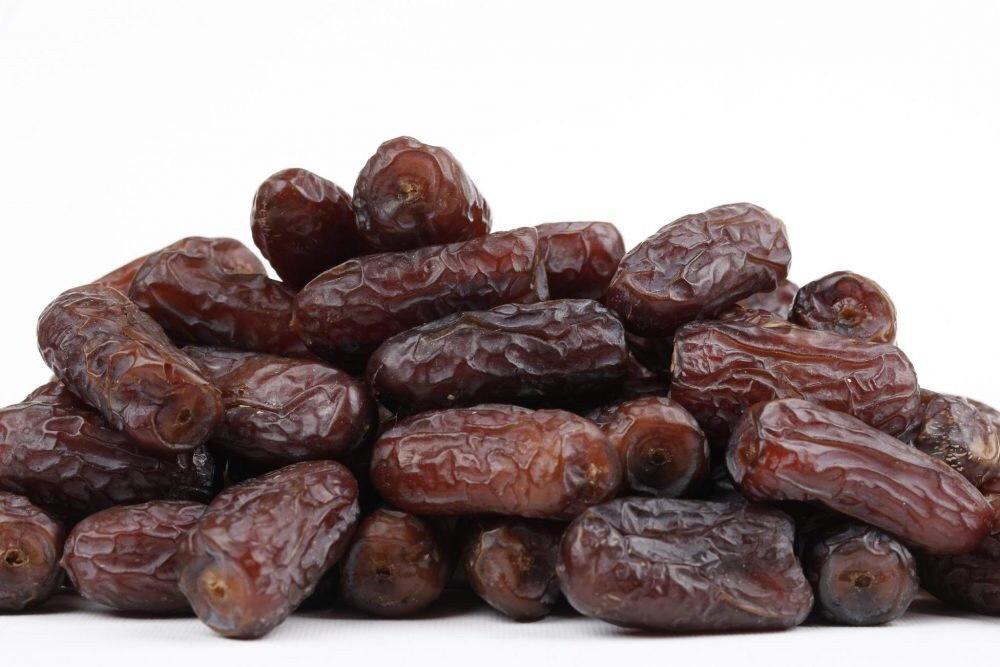Kurma Supplier Malaysia: Towards a Sustainable Date Industry

The Environmental Impact of the Date Trade
The date industry plays a significant role in the economy of the country, particularly as a kurma supplier Malaysia. However, like any agricultural sector, the date trade can have environmental implications. The cultivation, processing, and distribution of dates require substantial amounts of water and energy, resulting in the generation of greenhouse gas emissions. To ensure a sustainable future for the date industry, it is crucial to address these environmental challenges and adopt practices that minimize the industry’s impact on the planet.
Water Management in the Date Industry
Water is a precious resource, and efficient water management is essential for the sustainability of the date industry. Here are some strategies that can be implemented:
1. Drip Irrigation: Drip irrigation systems deliver water directly to the plant’s root zone, minimizing water wastage through evaporation or runoff. This method can significantly reduce water consumption in date plantations.
2. Water Recycling: Implementing systems to collect and treat wastewater for reuse in irrigation can help conserve water resources. By recycling water, the industry can reduce its reliance on freshwater sources and contribute to water conservation efforts.
3. Precision Farming Techniques: Employing precision farming technologies such as soil moisture sensors and remote sensing can optimize irrigation practices. These tools provide real-time data on soil moisture levels, enabling farmers to irrigate more effectively and avoid overwatering.
Reducing the Carbon Footprint of the Date Industry
The date industry, like other agricultural sectors, contributes to greenhouse gas emissions primarily through energy consumption and transportation. To reduce the carbon footprint, the following measures can be taken:
1. Renewable Energy Sources: Transitioning to renewable energy sources such as solar power can help offset the energy requirements of date processing facilities. Installing solar panels on farms and processing units can generate clean energy, reducing dependence on non-renewable sources and lowering carbon emissions.
2. Efficient Packaging and Transportation: Optimizing packaging materials and transportation logistics can minimize carbon emissions associated with the distribution of dates. Using eco-friendly packaging materials and adopting efficient transportation routes can reduce fuel consumption and greenhouse gas emissions.
3. Carbon Offsetting Initiatives: Supporting carbon offset projects, such as tree planting or investing in renewable energy projects, can help compensate for the carbon emissions generated by the date industry. Collaborating with environmental organizations and participating in carbon offset programs can contribute to a greener and more sustainable future.
Conclusion
The date industry in Malaysia, as a kurma supplier, has the opportunity to embrace sustainability practices and minimize its environmental impact. Through efficient water management techniques and carbon footprint reduction strategies, the industry can contribute to a greener future. Implementing drip irrigation, water recycling, and precision farming can optimize water usage in date plantations. Transitioning to renewable energy sources, improving packaging and transportation efficiency, and supporting carbon offset initiatives can reduce the carbon footprint of the industry. By adopting these sustainable practices, the kurma supplier industry can ensure its long-term viability while preserving the environment.
Key Highlights
– The date trade can have environmental implications, requiring sustainable practices for a greener future.
– Water management strategies such as drip irrigation, water recycling, and precision farming can optimize water usage in the date industry.
– Reducing the carbon footprint involves transitioning to renewable energy, improving packaging and transportation efficiency, and supporting carbon offset initiatives.
– Embracing sustainability practices ensures the long-term viability of the kurma supplier industry while preserving the environment.